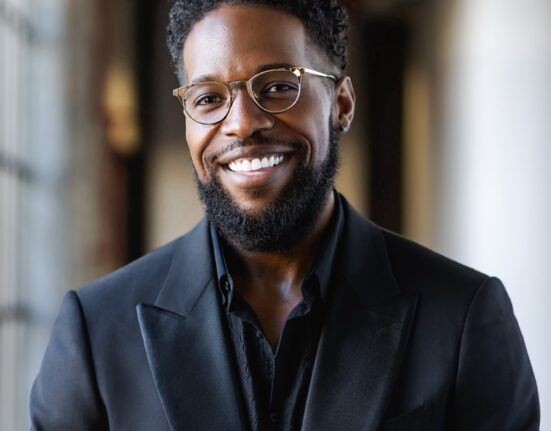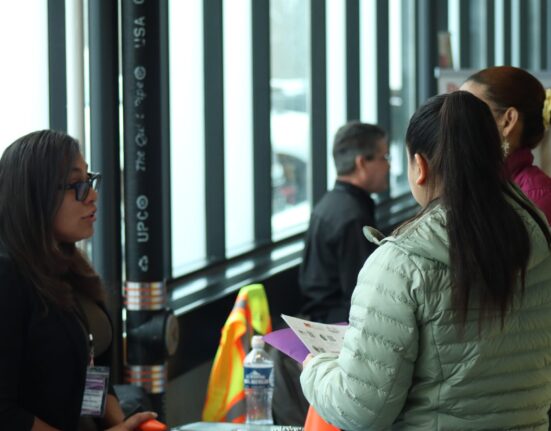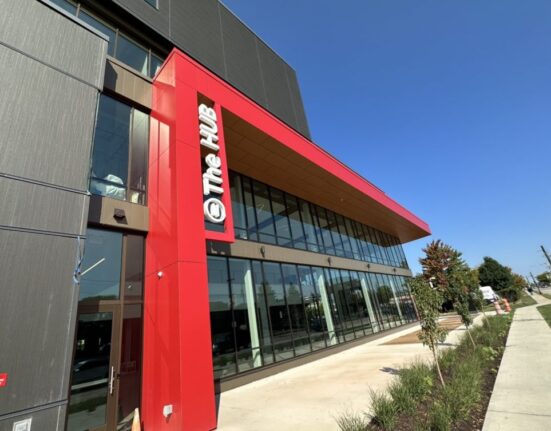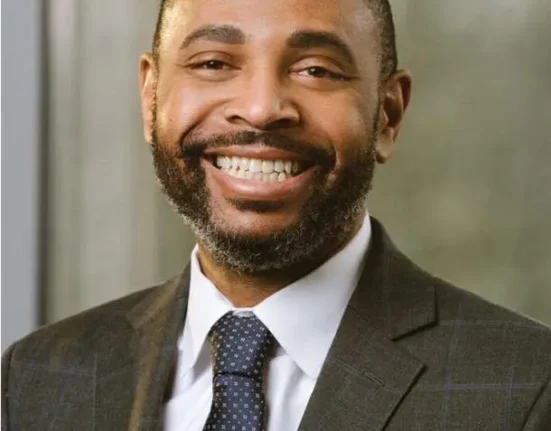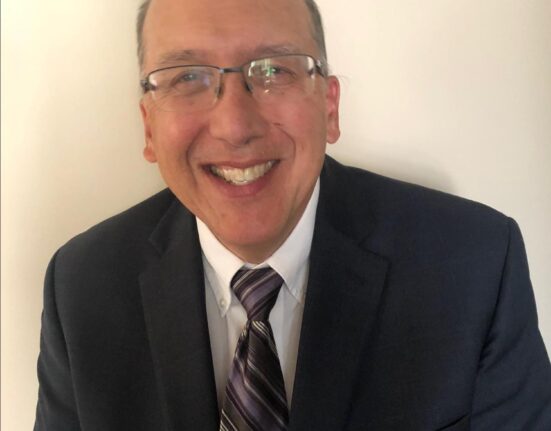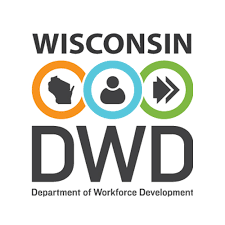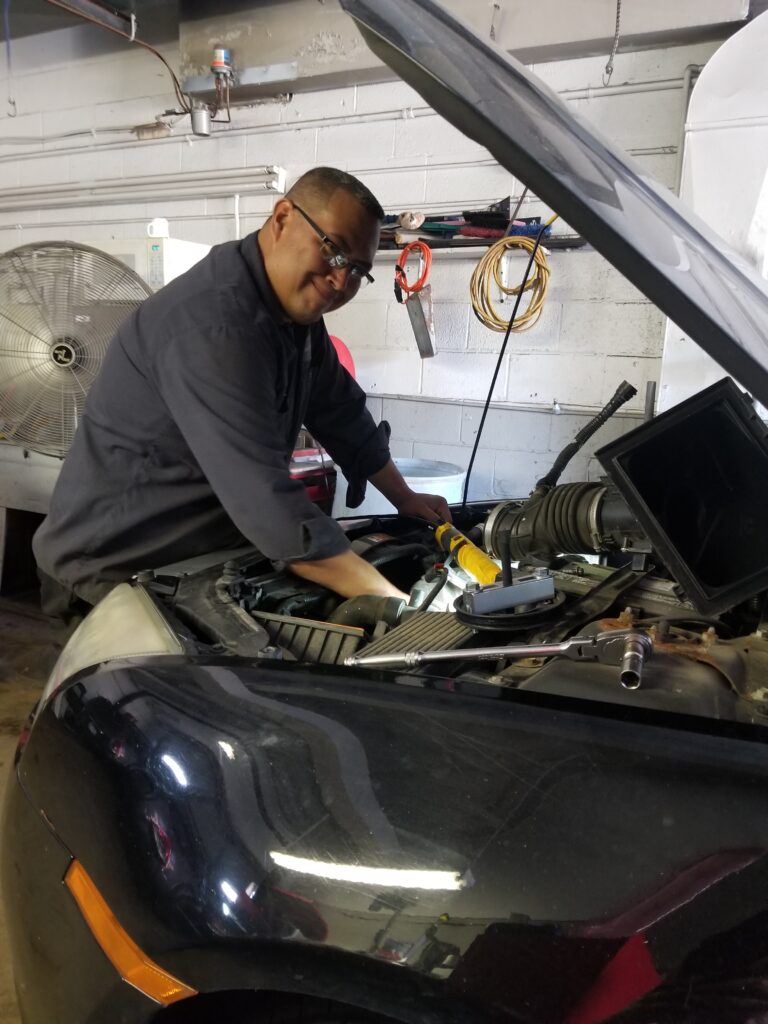
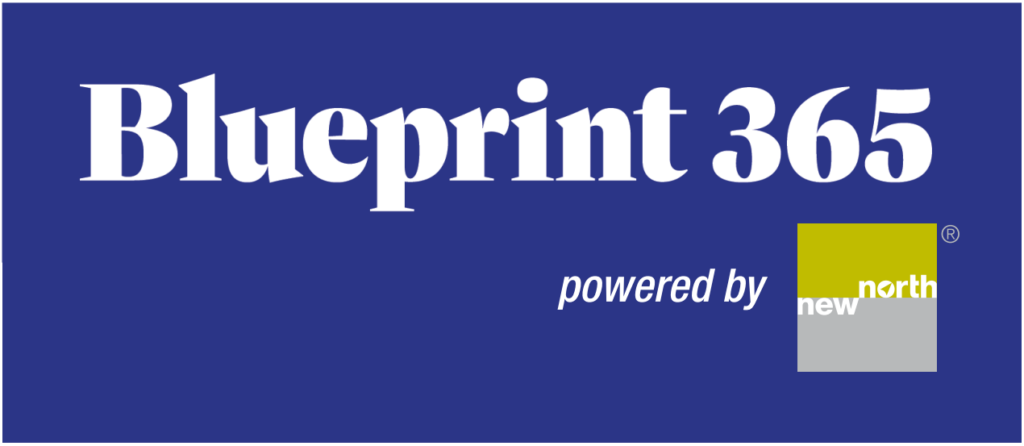
With the support of the community, he was able to find ways around the obstacle of trying to finance a business as an immigrant. Now, after 15 years in business, Hiram Auto Repair has its eyes on expansion.
Hiram Auto Repair, 400 S. Military Rd., Fond du Lac, has been in business since 2008 after its owner, Hiram Rabadan, was encouraged to start his own auto shop. He faced multiple hiccups along the way, including a fire that burned down his old location, learning how to run his own business and the challenges that come with being an immigrant. But with the support from his community, he has found a way to navigate each challenge.
Rabadan’s journey to owning his own shop began when he moved to the U.S. from Mexico in 2001. Rabadan and his family decided to stay after coming on a tourist visa. After deciding to stay, he found a factory job and later a part time job as a mechanic. He spent years working between the two until 2008 when he got the final push he needed to start his own business.
“I was a little bit afraid of taking that step,” Rabadan said. “People were looking for me and they’d say, ‘you open your own business.’ I was confident but I need that extra push to open my own business.”
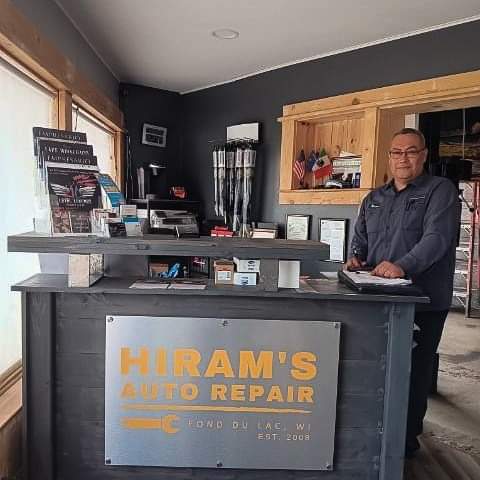
Rabadan was unsure of himself initially. He believed that to start his own business, he needed a stronger business acumen and knowledge of taxes to start. Regardless, he took the plunge and rented out a metal building to work on cars.
Starting his own business was a learning experience. Rabadan learned as he went, but certain limitations around his citizenship status prevented him from accessing resources, like loans to expand and buy equipment.
However, when he felt like he was finally finding a solid footing, Rabadan’s landlord decided to sell the building. He was able to find a new location, but it wasn’t suited for auto repairs — Rabadan still pressed on regardless. In 2016, another setback hit when a customer’s vehicle was the target of arson. Rabadan’s business burnt down, and he was left in limbo due to not having insurance on the business.
“That was a sad part of our lives and business,” Rabadan said. “Trying to navigate through the system, we went through that incident, and we lost three cars. We paid for the cars out of our own pocket because we didn’t have insurance.”
A lucky break hit Rabadan despite the consistent trouble with locations. The owner of one of the cars had a location that Rabadan was able to use just three days after the fire. In 2020, he was given the opportunity to purchase the building for $75,000, but his legal status again caused an issue.
He worked out a deal where he fronted the money he saved up with the condition that he paid the full balance within a few months. The money Rabadan saved up was initially for a house, but he took the opportunity to pounce on owning the building his business was located at.
Rabadan scrambled to find a way to get the rest of the funds, but another lucky break from the support of the community helped him out.
His neighbor Ron understood the issue Rabadan faced and was willing to loan him the money. There was some hesitancy to loan him the money from Ron’s grandson due to their citizenship status, but Ron believed in Rabadan and was willing to work with him on a repayment schedule.
“I understood the position of his grandson,” Rabadan said. “I understood they were trying to protect Ron’s money, but we were pretty much at the very last week when I said to Ron, ‘I understand people are trying to protect you. I completely understand… we can do whatever it takes, but I need to know this week.’”
Ron, despite the advice of banks, lawyers and his grandson, took that push for Rabadan.
Rabadan made the strongest effort possible to pay Ron back. He offered more money as interest for Ron, paid him the lost amounts from certificates of deposits withdrawn early, flipped extra cars he fixed up on the side — anything to repay the debt and help that Ron was willing to take for him.
With persistence and support from those around, Rabadan was able to pull through. Recently Rabadan obtained his green card and his wife is awaiting hers.
More doors are opening now that he has a social security number instead of an individual taxpayer identification number, a number issued by the IRS for immigrants to pay taxes. Rabadan is working on securing a loan to expand his shop into a three-bay garage with a six-car depth to be able to serve more customers.
“I feel like all these times we are swimming against the flow,” Rabadan said. “We’re swimming twice as hard to reach our goals.”
Knowing the difficulties that come behind not having a social security number, and feeling like he has to work harder than most to achieve his dreams, he now works as an advocate for low income and immigrant rights.
“Now that I became a person with a legal status, the fight doesn’t end there,” Rabadan said. “I still want to do something for our brothers and sisters. Immigrants are trying to survive and do things in the states — and it’s not easy.”

